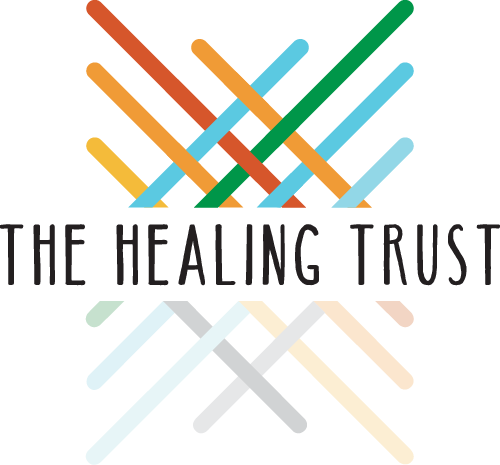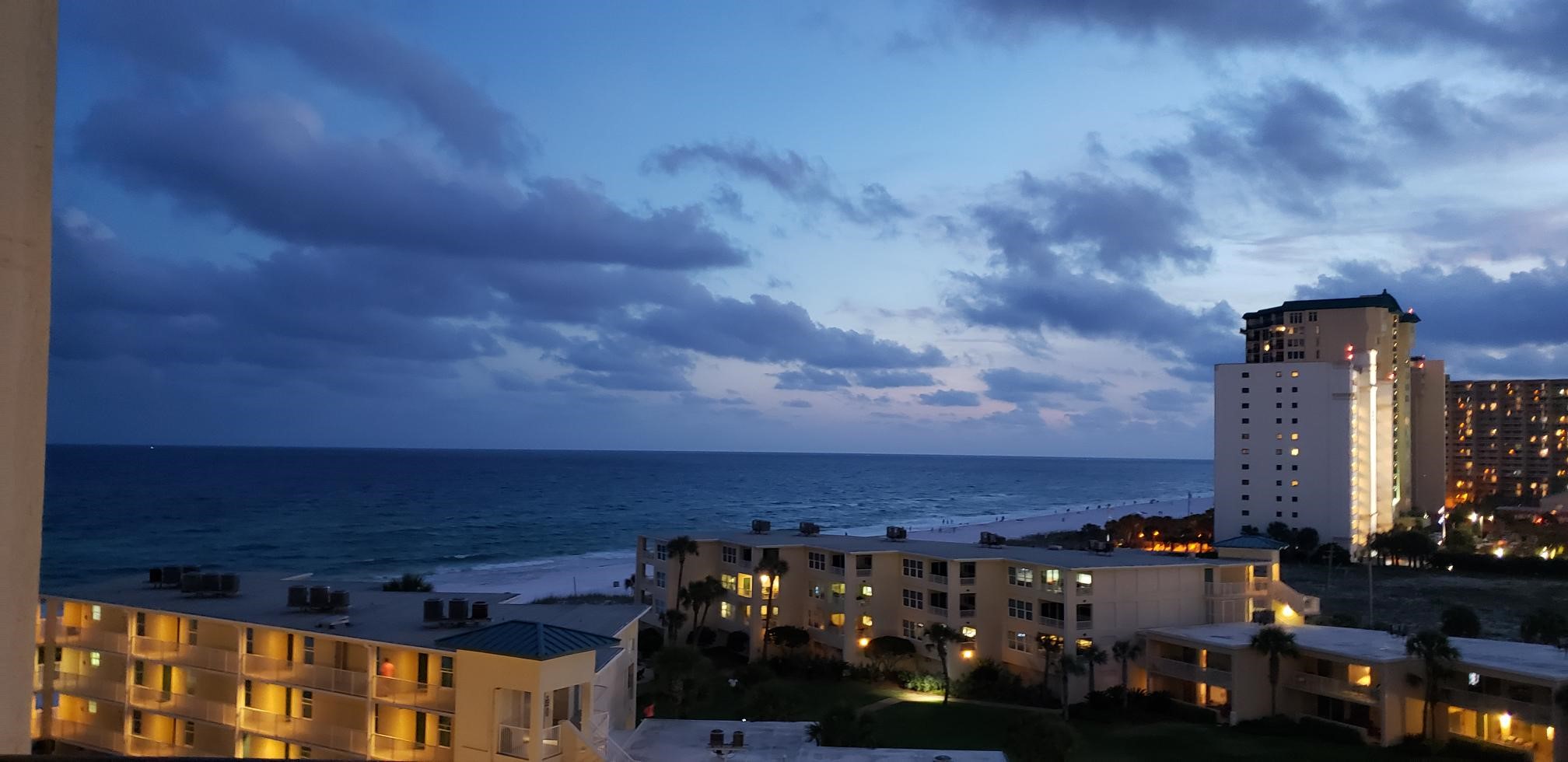Moment of transparency: This is probably the most difficult post I’ve ever written. After three years of managing our Sabbatical Grants program, I took a seven-week sabbatical this summer. When I agreed to share a post-sabbatical reflection, I had no idea how difficult it would be for me to convey what taking seven weeks off work would be like. Among other things, I’ve gained empathy for what this process must be like for our sabbatical grantees.
Almost every sabbatical provides both professional and personal development. While I didn’t intentionally include professional development during my time away, my sabbatical experience was a mini-immersion into the experience of our sabbatical grantees. The process typically includes a few predictable stages that look like this:
Awareness: I notify the potential applicant that they are eligible, and we schedule a time to discuss them applying.
Denial: The call is filled with nervous laughter (them, not me) and explanations about why they can’t take a sabbatical. I push back a little to help them determine if they have real or just perceived barriers.
Acceptance: They, eventually, permit themselves to take a sabbatical, and we begin brainstorming about it. Moving from denial to acceptance can take months.
Planning: I help them narrow their ideas and discern what they really need to make the most of their time. The details start to emerge.
Submission: The applicant finalizes the details, submits the application, and starts to believe that the opportunity is real.
Given my experience with this process, you might assume that I could go straight from awareness to planning. I didn’t and I experienced every single stage. I stayed in the denial phase longer than I care to admit. In fact, it didn’t even occur to me to take a sabbatical until one of my colleagues suggested it. With support from my team, I got through all the stages and had one of the best experiences of my life.
What I did:
Our sabbatical grantees forewarned me not to overschedule and over plan my sabbatical. The only things I did that required planning were going on a week-long beach trip with friends from college and taking swim lessons twice a week. I spent the rest of my time settling into my dream house, being spontaneous with my kids (skating, going to Nashville Shores, planning surprises for my husband), being silly with my best friend, eating delicious food with my husband, and staring at the sky from the hammock on my back porch. I also read eight books, binge-watched a few shows on Netflix, and rocked rainbow-colored hair.
What I learned:
I learned how to swim! I’m not an expert, but my skill is somewhere between not drowning and Michael Phelps. 🙂
As mentioned earlier, I also gained empathy and perspective for our grantees. As much as we try to, it is often difficult to understand the perspective of someone else without having a similar experience. Having this experience led me to revise the reporting process and understand the difficulty that can come with needing to be vulnerable in a more visible way. I often encourage sabbatical applicants (and Cultures of Compassion Grant applicants) to be more explicit about the problem that they want to fix, a vulnerability that can often be difficult between a funder and a grantee. I think I struggled to write this post because sharing details about my sabbatical in a blog post also requires vulnerability.
Another lesson learned relates to my being a Five on the Enneagram. Fives are often preoccupied with their thoughts and can struggle with being present. I’m working on being present and that awareness allowed me to witness a magical moment – watching my kids and my husband play basketball on a drizzly night while fireflies twinkled in the dark. I now also understand that I need to be more intentional about making space for fun–not just the fun that I experience on vacations, but the things I can do daily that bring me joy.
How I’ve changed:
I tend to overthink things, which made my swimming lessons more challenging than they otherwise might have been. I’ve started to recognize when my overthinking is preventing me from pleasure and redirecting myself back to the present. I trust my instincts more and spend less time worrying about the future.
I also feel more confident and more relaxed about my work. While I value the work that I do and the people that I work with, I know that there is life outside of the office, and I need to take time to more fully experience it. My personal development is just as important as my professional life and play is just as important as rest.
When is the last time that you made time for your personal development? What did you do? What did you learn?
Jennifer Oldham is the Program and Communications Officer at The Healing Trust.

